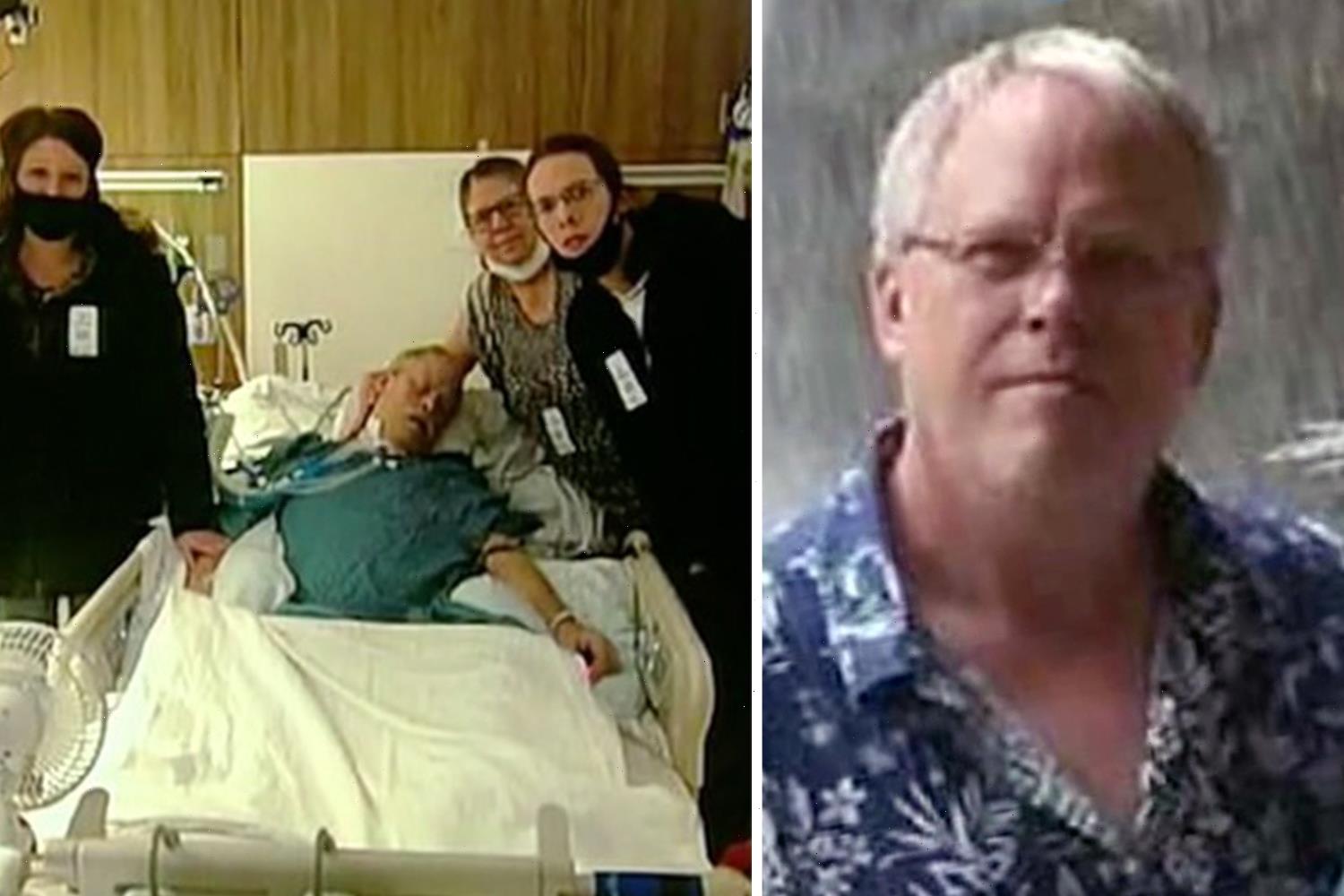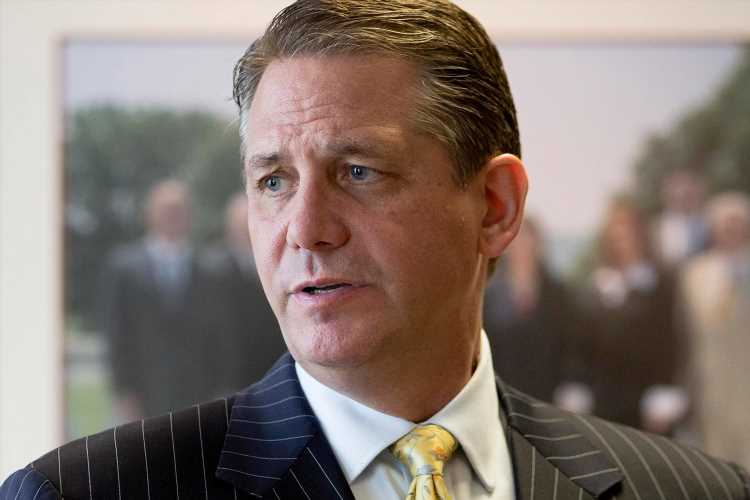Adele Roberts says her cancer diagnosis 'was a shock'
We use your sign-up to provide content in ways you’ve consented to and to improve our understanding of you. This may include adverts from us and 3rd parties based on our understanding. You can unsubscribe at any time. More info
It links the UK to the US, Canada, Australia, Switzerland, Singapore and Brazil. Officials have already hailed it for “speeding up the time it takes to get these new medicines to patients”. Seven medicines have already been approved, in a move that could save scores of lives.
Four of the newly approved treatments are for lung cancer and breast cancer.
The other three are extensions of existing treatments.
EMA says it takes around a year for it to evaluate a medicine.
Then it will make a recommendation to the European Commission, which can take another two months to approve.


The first drug the MHRA approved under Project Orbis last May – AstraZeneca’s lung cancer treatment Tagrisso – took the EMA almost a month longer to approve.
AstraZeneca’s executive vice president of oncology Dave Fredrickson praised Project Orbis as a “welcome initiative that has already shown it can help accelerate the speed of getting innovative cancer medicines to patients in the UK and across the globe”.
“It is vital for industry, regulators and health bodies to continue working closely together to make sure many more medicines can get to patients in the shortest possible time.”
Some are not so impressed though, with experts warning speeding up the process could lead to corners being cut.

Richard Sullivan, a director for the Institute for Cancer Policy, said: “The concern is we’re going to start aping some of what we see as the poor practices of the FDA in terms of accelerated approval.
“If this is about just lowering the bar even more and more, then this is a disaster, because what this is going to do is actually harm British cancer patients, not improve their outcomes.”
It comes after experts have warned about cancer cases being missed during the pandemic.
Senior medics told MPs it was vital that people did not put off seeking help after it emerged there had been nearly 50,000 fewer cancer diagnoses across the UK since the start of the pandemic.
DON’T MISS:
No thanks, Macron! UK rejects plans for Channel power cable [REVEAL]
Doomsday Clock tipped to move CLOSER to midnight as Boris sent warning [SPOTLIGHT]
Putin furious as Germany BANS Russian gas and signs deal with Ukraine [INSIGHT]


Prostate, breast and lung cancers are said to be making up most of the absent cases.
The NHS is teaming up with Prostate Cancer UK to launch a landmark campaign next month to locate thousands of “missing” men.
Dame Cally Palmer, national cancer director at NHS England, said: “We’ve just agreed a campaign with Prostate Cancer UK where the NHS is supporting and funding something run through a charity, so we’re trying new initiatives that don’t rely on individual charity fundraising, because that’s been difficult too for them during the pandemic.
“So the NHS needs to take the lead I think, with the support and advice of the charities. And we are doing that.”
Source: Read Full Article


